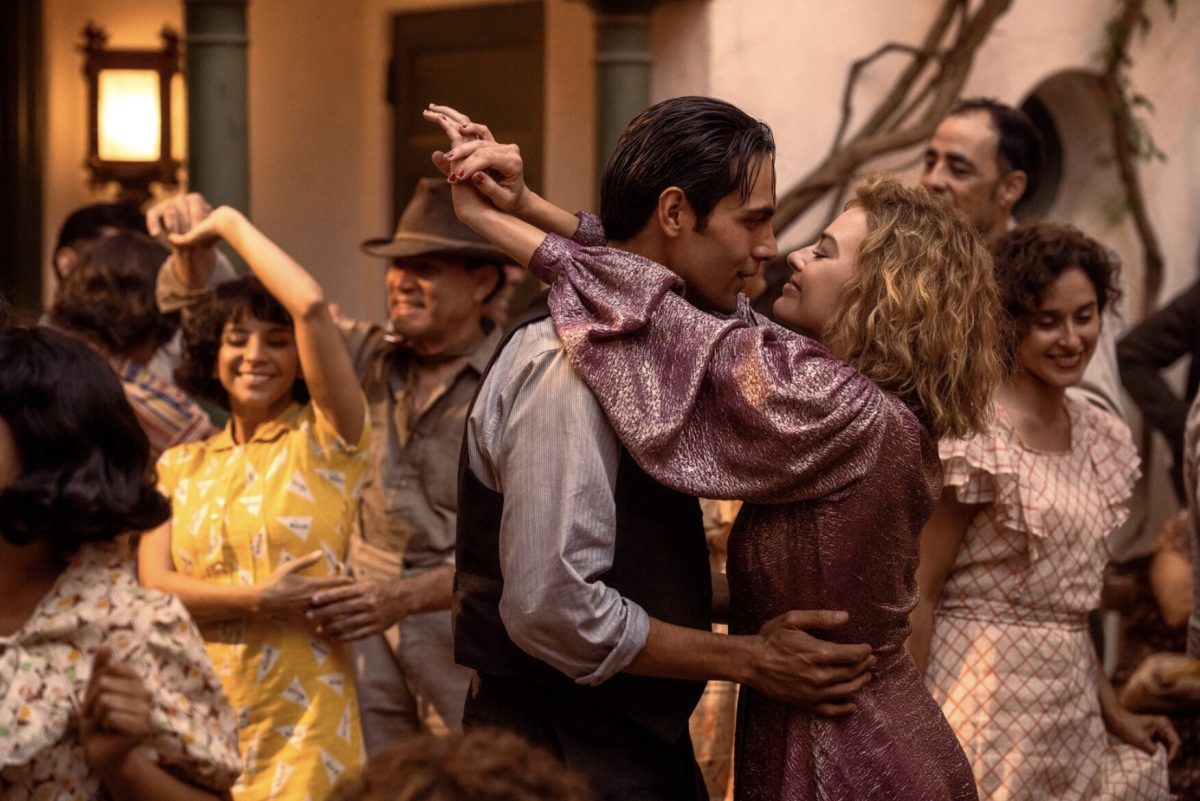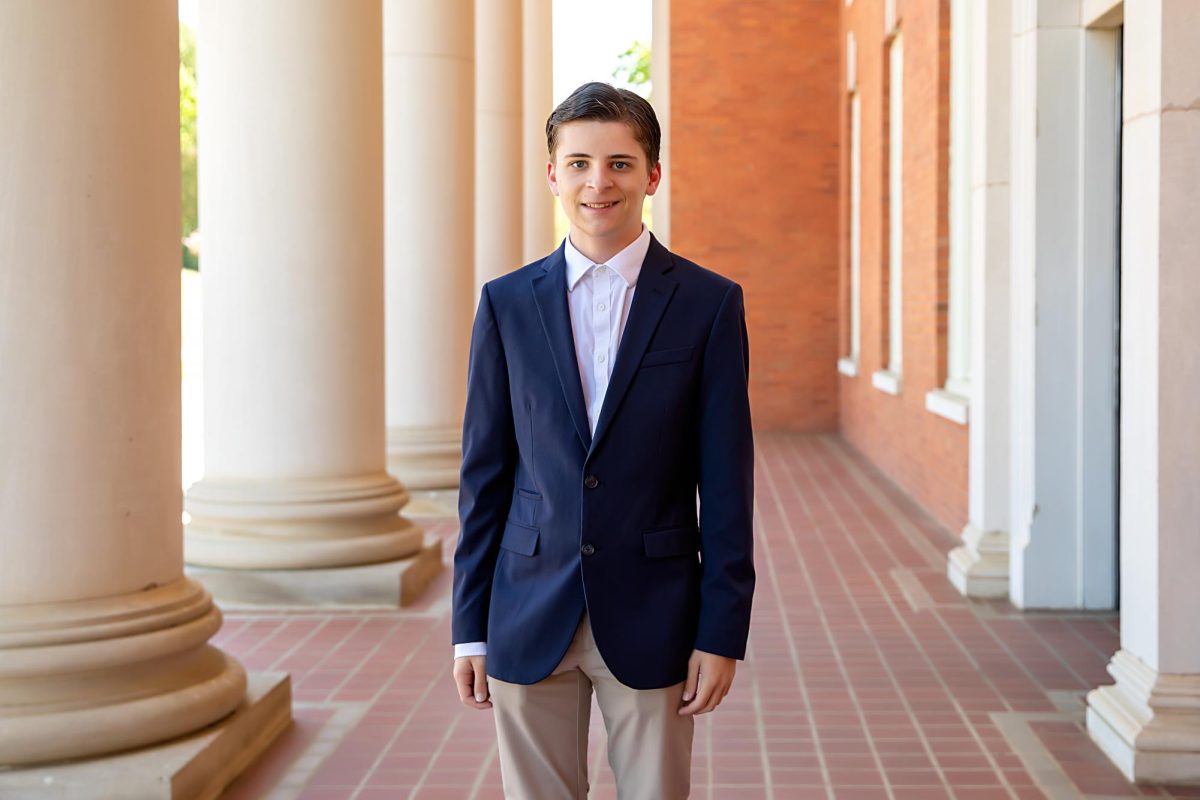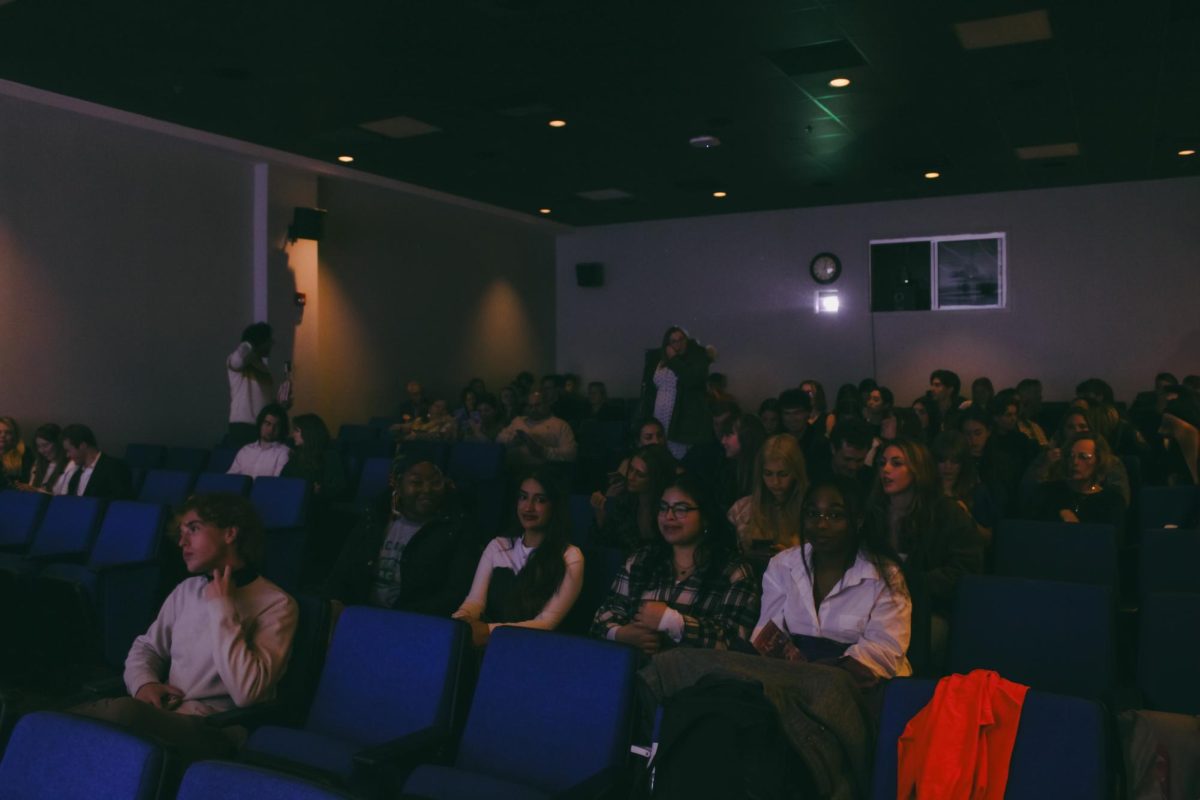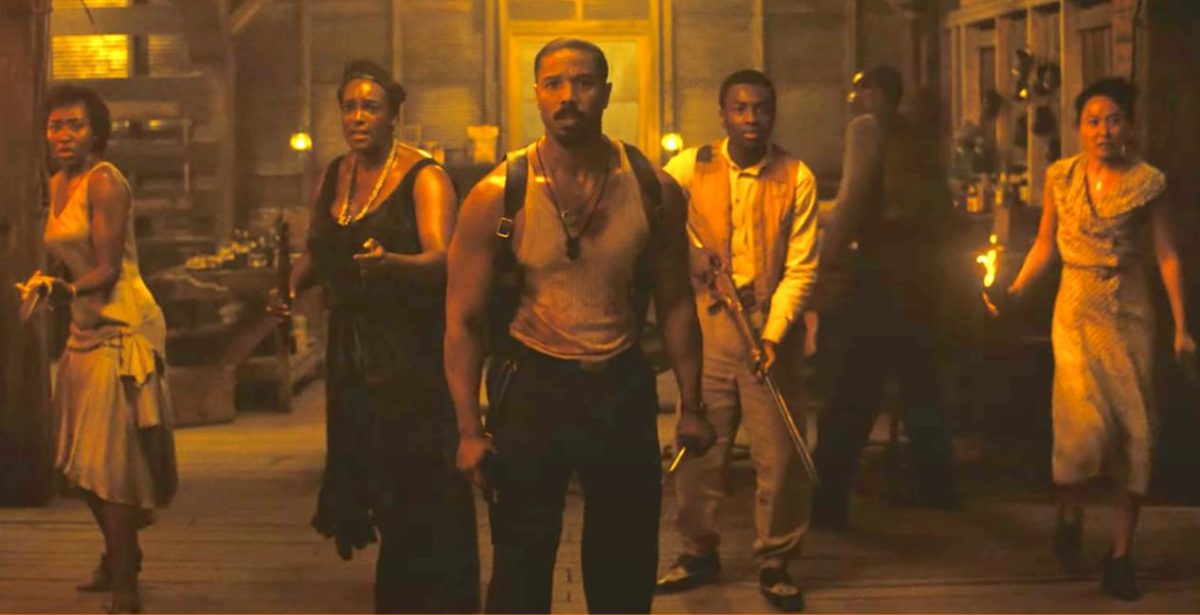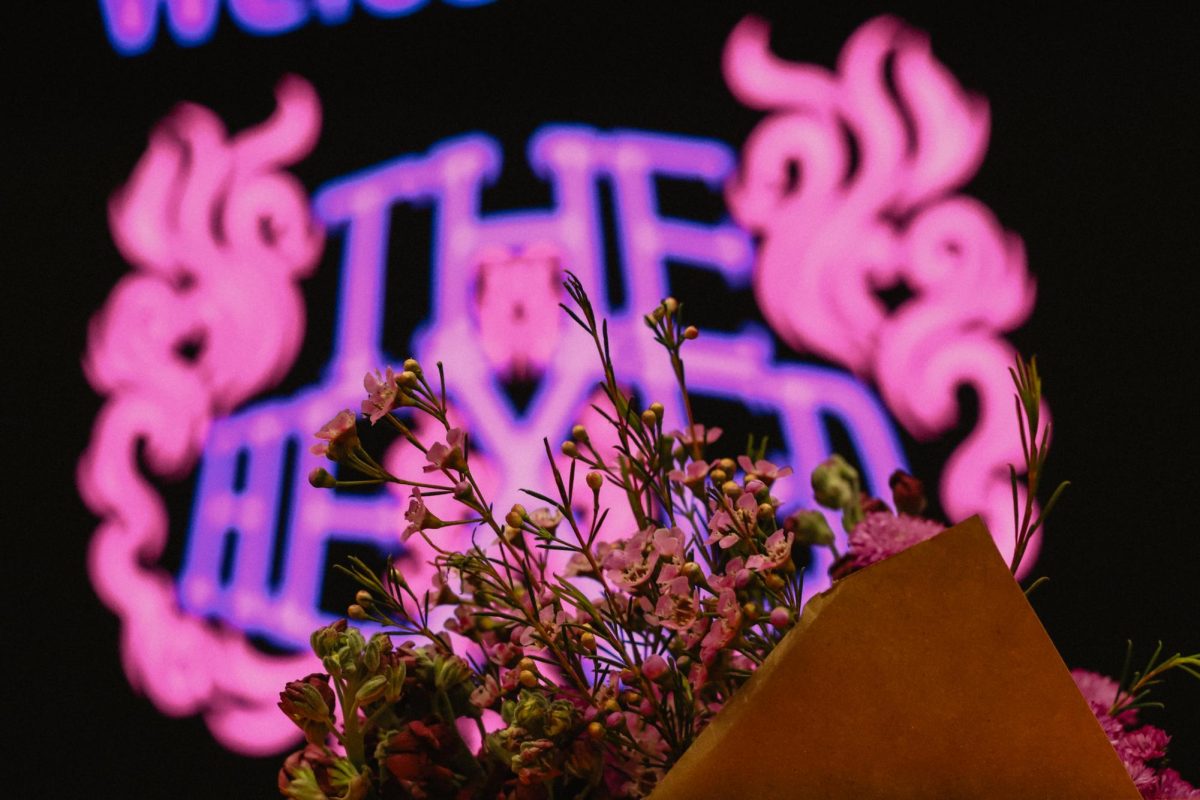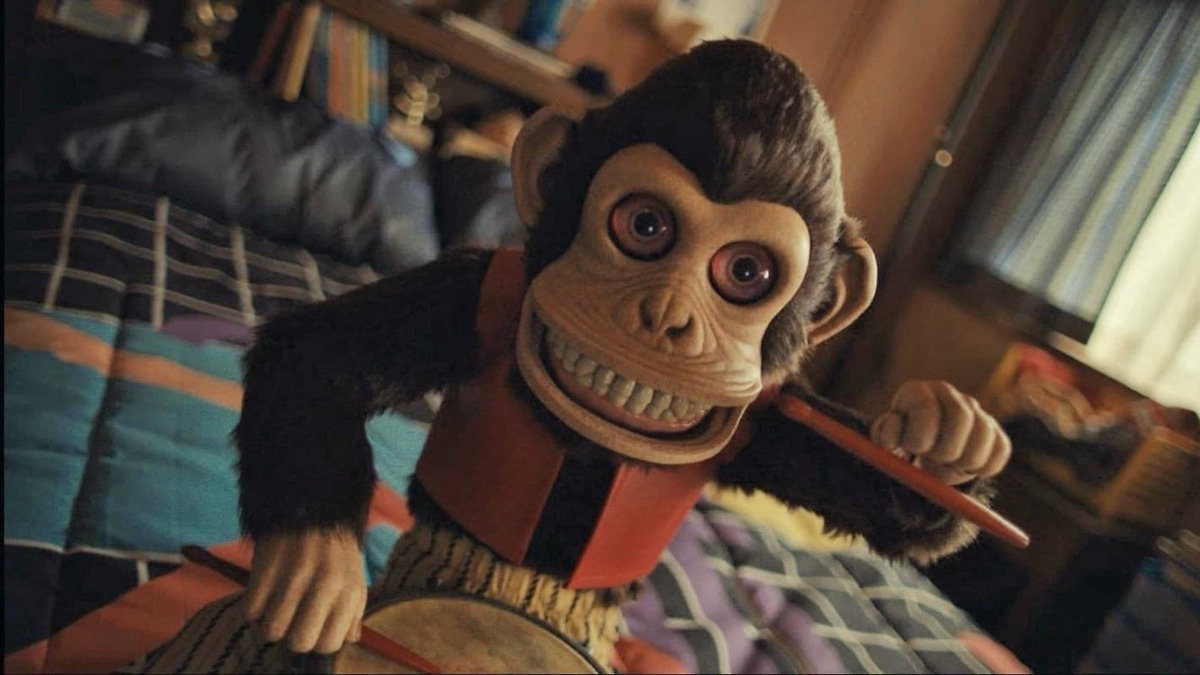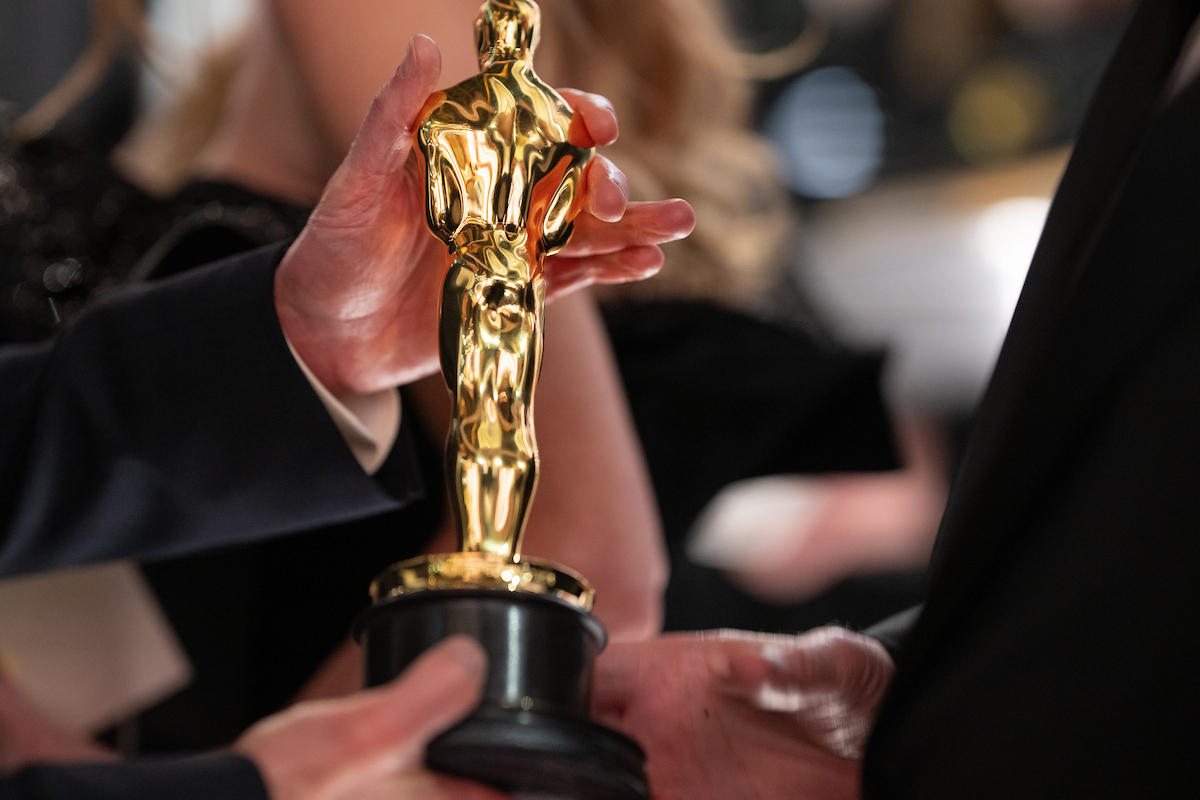“What a disgrace to Gene Kelly! And how dare they use a clip from ‘The Wizard of Oz?'” exclaimed the leader of a retirement home field trip as he exited the theater where we had just viewed Damien Chazelle’s most recent picture.
The film, starring Margot Robbie, Brad Pitt and Diego Calva, has been tackled by many critics, with the New York Times asking “That’s Entertainment!?” But one summation that cannot be argued about “Babylon” is that it is a true love letter to the movies.
“Babylon” embodies excess in every sense, from the characters’ over-the-top ambitions to the creative directorial vision for which Chazelle has come to be known. The script does the impossible, making a collection of 1920s high rollers into genuinely sympathetic characters, oozing with charm and flaws.
It is evident by their performances that the actors made the set their playground. Robbie shines, as always, in a role that finally gives her something to chew on. Calva, the breakout star of the ensemble, is the heart of the film, constantly pushing the plot forward with a heartbreaking and captivating arc. Even Pitt, who is notoriously difficult to separate from his characters, completely transforms into his role and grips the screen from the film’s highest highs to quietest lows.
Chazelle’s vision is the clearest in today’s Hollywood, with “Whiplash” and “La La Land” focusing on the ugliness of obsessive artists without glorifying them. The Golden Age of Hollywood, which backdrops “Babylon,” gave us films like “Singin’ in the Rain,” making it impossible to imagine anything less savory than tap dancing went on behind the scenes. Chazelle balances an honest love of cinema with an equally honest criticism of the era, which makes for reactions like that of the man in my movie theater.
True cinephiles of this generation are Chazelle’s intended audience. So many of the larger references in the film are not presented overtly in the closing montage alongside “Avatar” and “The Horse in Motion.” They are ingrained into the very fabric of the film, echoing back to an era of Hollywood so deep in history and giving it life again in the same way Jean Smart’s character describes in her “angels and ghosts” monologue. “Babylon” suspends time for its characters and audiences; for three hours, a trip through the mid-20th century feels like it could be going on just outside of the doors of the theater.
The aforementioned “angels and ghosts” monologue is among many gut-wrenching ones in the script. Monologues have been a dying art in recent years, so their inclusion, alone, is a win for screenwriters everywhere. But the unique humanity in Chazelle’s writing about the deeply personal love of movies single-handedly humbled the larger-than-life characters who spoke them.
“Babylon” detailed how easily the careers of even the most successful actors can fall victim to the words of a critic. Luckily, the film is set to persevere even in the face of its largely split reception.


